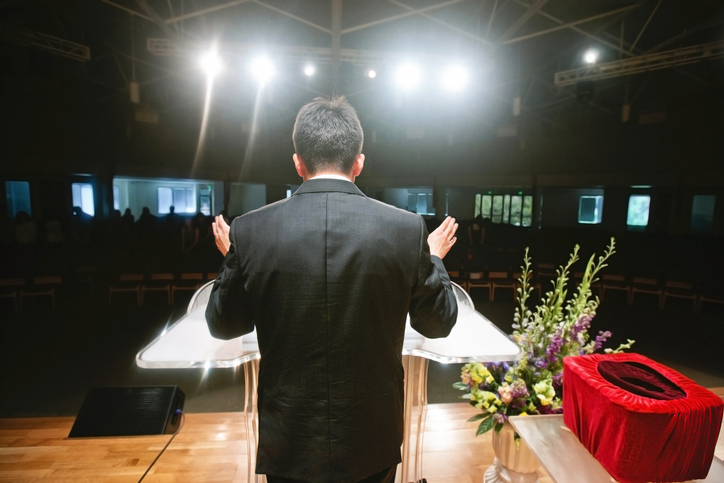The task was too big to comprehend. The idea was so new that we didn’t know where to start. The job was so overwhelming that we felt like we had failed even before we had begun.
Have you ever felt that way? Have you ever faced having to accomplish the impossible? Not knowing where to start, not knowing how you might possibly succeed?
Certainly, we have all faced projects or programs like this from time to time. We gather together to change the world but realize the world is too big to be changed by such a small player as our humble team. But to accomplish anything for God and His Kingdom, we have to start somewhere. We have to have a jumping-off point. We have to simply begin.
That is where brainstorming becomes a crucial part of anything we set out to do.
What is brainstorming?
Brainstorming is the act of holding a spontaneous or carefully planned group discussion with the sole purpose of discovering ideas and plans that can help take your project forward. Most of us are not new to the task of brainstorming. Also sometimes called “green lighting,” brainstorming can stir the creative juices that will produce the concepts and designs that we might not have developed on our own.
Brainstorming sessions create a sense of ownership for all those involved. It gives people a chance to express their opinions and thoughts while the program is still being envisioned. It creates a sense of value and appreciation in those who participate and builds the team together in a unique way.
Here are 4 keys to make sure you have an effective brainstorming session:
1) Ensure proper engagement by all.
In order to get the most out of your brainstorming session, everyone present should participate. Try to limit distractions by asking everyone to put away their phones and computers, and be sure you’re in a quiet place with no interruptions. Another strategy to help keep everyone’s focus on the task at hand is to ask everyone to stand up behind their chair and not permit them to sit or even lean on their chair until the brainstorming session is over.
If there are people who are dominating the conversation, intentionally draw others in by asking them personally for their input. “Let’s hear from someone else,” is a great way to ensure each and every person has a chance to speak. Don’t be afraid of silence! Allow those who need to think before they speak the chance to formulate what they want to say and speak it. Moving too fast may intimidate them and prevent them from speaking up.
2) No idea is a bad idea.
Sometimes the most creative and unexpected ideas can come from brainstorming sessions. However, to elicit those types of ideas, it is important that everything everyone says is considered a valid comment. Eliminate responses like “No, that would never work” or “We don’t do it that way.”
Make sure every response is deemed worthy of respect and consideration. We never know when a seemingly crazy response will spark another, new, more realistic response from someone else who just needed a little coaxing into an idea that could change your ministry forever.
3) Capture every idea in writing.
Assigning someone in the group to record every idea on paper could be one of the most important things to do in any brainstorming session. There will be so many good ideas springing forth that it is essential you don’t lose anything or forget to include things in your final report. Most times, having a large whiteboard or large flip chart with multiple pages is a good strategy so that everyone can see what’s being written and use existing ideas to form new thoughts.
Eventually, everything captured on that day can be formally recorded and circulated to the group or to higher management for further consideration. Without this record of the discussion, however, all the valuable input may be lost.
4) Wait until later to get detailed.
During the course of the brainstorming session, your group may hit on a great idea that everyone agrees could be a great, positive way forward. The temptation will be to quit brainstorming and try to fully develop that one idea. However, be warned against doing this prematurely. The point of brainstorming is to get any and all ideas out on the drawing board for consideration. Getting too detailed with one idea may prevent your group from thinking creatively about other possibilities.
Allow a good amount of time for the brainstorming session where all the group does is brainstorm. Set aside another time for the development of plausible ideas, preferably on another day when everyone has had the chance to absorb the information you’ve generated and think clearly about how to take any of the ideas forward.
Your ministry can grow and accomplish great things for the Kingdom of God. Sometimes it just takes a little intentional time spent thinking openly and creatively for the best ideas to come to light. Dedicate time to brainstorming, do it well, and you will certainly reap the long-term rewards.




